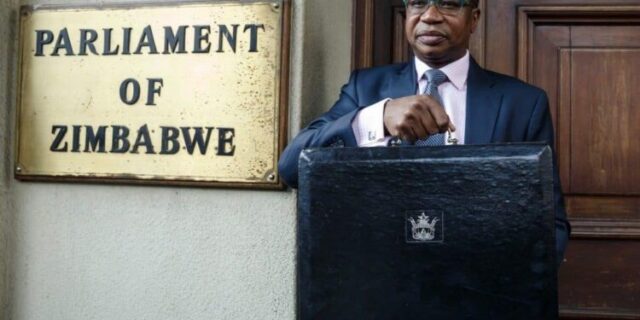The 2024 National Budget has been approved by parliament after amendments were made to the proposal presented by Finance Minister Mthuli Ncube.
Apparently, the recent legislative process also witnessed the passing of two Budget Bills: the Appropriation Bill and the Finance Bill.
Taxation changes made to Ncube’s tax proposals were approved- Adjustments to wealth tax, with a threshold increased to US$250,000 and exemptions for primary residence.
– Limit set at US$50,000 a year on the tax from any individual.
Passport Fees and Sugar Levy- Ordinary passport fees reduced from US$200 to US$150- Introduced a sugar levy on soft drinks for cancer treatment, initially miscalculated at two cents, corrected to 0.2 cents.
Other key points:
Affordability and Basic Commodities.
– Government commitment to keeping basic commodity costs affordable.
– Open borders as a response to rising prices, mindful of not harming the industry.
Spending Adjustments.
– Spending proposals increased from the original $58.2 trillion budget.
– Additional allocations:
– $70 billion to the Zimbabwe Revenue Authority.
– $225 billion to Parliament, bringing its allocation to $700 billion.
– $10 billion to the Auditor General’s office (initial budget was $116 billion).
– $20 billion to the Ministry Women’s Affairs, Small and Medium Enterprises development.
– $50 billion to the Ministry of Youth Empowerment Development and Vocational Training.
– $10 billion to the Ministry of Tourism and Hospitality Industry.
– $7 billion to the Ministry of Higher and Tertiary Education, Science and Technology Development for disabled students.
Support for War Veterans and Companies.
Oversight in the budget for war veterans’ funerals addressed with additional allocation.
Support pledged for companies under the Ministry of Defence and Security.
Resource Constraints and Vision 2030.
– Budget crafted in the context of resource constraints due to sanctions and limited credit access.
Aim to move the country toward the 2030 Vision of becoming an upper-middle-income economy








